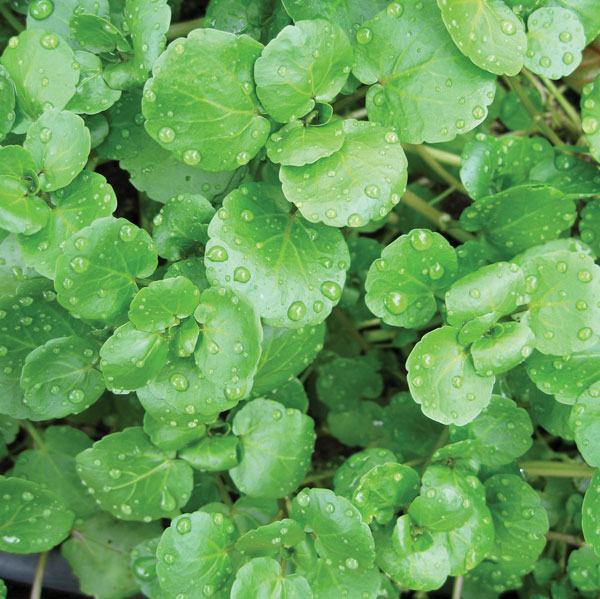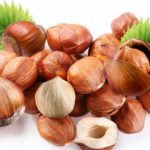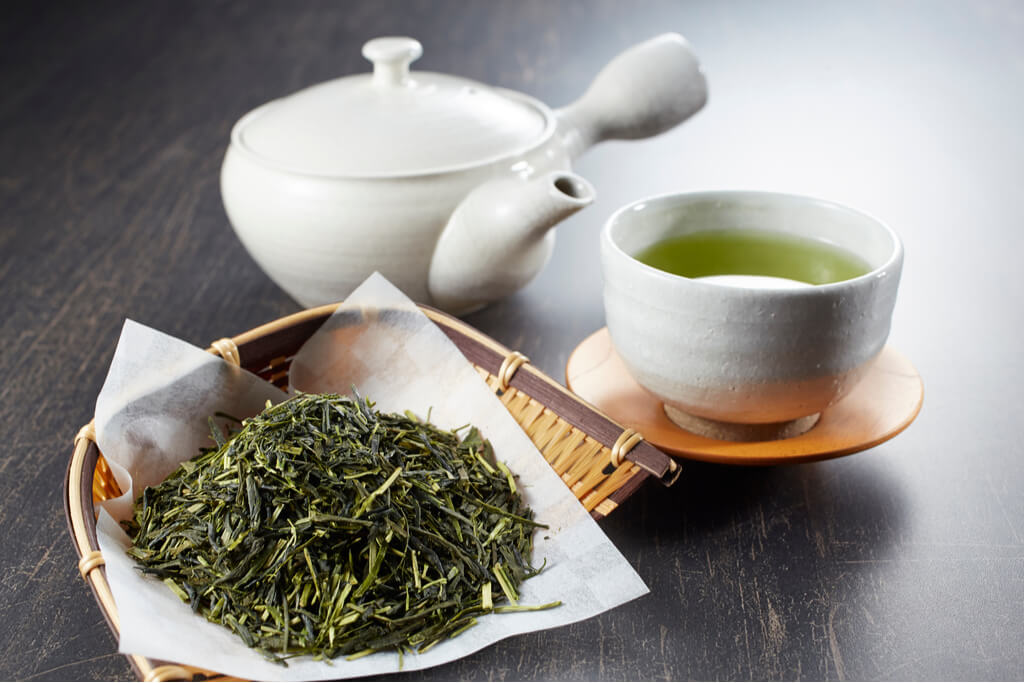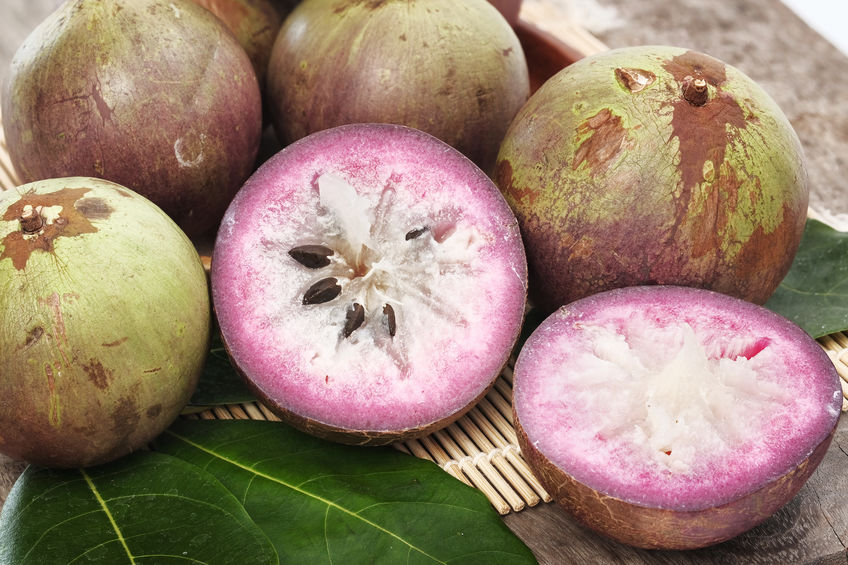Sea Moss Benefits You May Know
Sea moss Benefits are somewhat enormous. Scientifically known as Chondrus crispus, is a type of seaweed that can be found in the Atlantic Ocean, particularly along the coasts of Europe and North America.
This marine plant is valued for its abundance of nutrients that are often lacking in other foods.
When people talk about sea moss, they’re usually referring to its use as carrageenan, a substance used to thicken foods. Carrageenan is a popular choice for food manufacturers, especially in vegan products, because it acts as a natural emulsifier. You’ll find it listed in the ingredients of many processed foods.
While sea moss is commonly used in industrial food production, it’s also available in supplement form for personal use. Although you might not frequently encounter it in your home cooking, some people choose to add sea moss supplements to their diet for its purported health benefits.
Despite its name, sea moss doesn’t come in just one color. In fact, it showcases a spectrum of hues, ranging from vibrant greens and yellows to deep reds, browns, and even blacks. Among these variations, the red variety is the most prevalent, often recognized as ‘Irish moss’.
So, while its name might suggest a single color, sea moss surprises with its diverse palette, adding visual intrigue to its natural charm.
Sea moss benefits are plentiful and diverse, offering a range of advantages for overall health and well-being:
- Thyroid Support: Sea moss is a natural source of iodine and tyrosine, essential nutrients that play a crucial role in maintaining a healthy thyroid gland, which regulates metabolism and energy levels.
- Digestive Health: With its rich fiber content, sea moss acts as a prebiotic, nourishing the beneficial bacteria in the gut and promoting digestive health. This can help improve bowel regularity and support a healthy digestive system.
- Immune System Boost: Sea moss contains phytochemicals that have been shown to enhance the immune system, helping the body defend against infections and illnesses.
- Blood Sugar Regulation: Thanks to its fiber content, sea moss can help slow down digestion and the absorption of sugars, which can contribute to more stable blood sugar levels. This can be particularly beneficial for those managing diabetes or trying to maintain healthy blood sugar levels.
- Heart Health: Sea moss is one of the best plant sources of omega-3 fatty acids, which are known for their heart-healthy properties. Omega-3 fatty acids can help reduce inflammation, lower blood pressure, and improve overall cardiovascular health.
With such a wide range of benefits, incorporating sea moss into your diet or taking it as a supplement may contribute to better health and vitality.
Nutritional Value
The nutritional profile of Irish moss, per two tablespoons (approximately 10g) in its raw form, offers a glimpse into its health benefits:
- Energy: Providing just 4.9 calories (21 KJ), Irish moss offers a low-calorie addition to your diet.
- Protein: With 0.15g of protein, it contributes a modest amount of this essential nutrient.
- Fat: A minimal 0.02g of fat makes Irish moss a low-fat option.
- Carbohydrates: It contains 1.23g of carbohydrates, offering a source of energy and fuel for the body.
- Fiber: With 0.13g of fiber, Irish moss contributes to digestive health and may aid in bowel regularity.
- Calcium: A notable source of calcium, with 7.2 mg per serving, supporting bone health and muscle function.
- Iron: Providing 0.89mg of iron, Irish moss contributes to oxygen transport in the blood and energy production.
- Magnesium: With 14.4mg of magnesium, it supports various bodily functions, including muscle and nerve function, as well as heart health.
- Zinc: Offering 0.19mg of zinc, Irish moss plays a role in immune function, wound healing, and cell division.
These nutritional values are based on data from the U.S. Department of Agriculture and may vary depending on factors such as the geographical origin, harvest season, and processing methods of the sea moss.
It’s essential to consider these factors when assessing the nutritional content of Irish moss and its potential benefits for your health and well-being.
SEA MOSS BENEFITS
Sea moss, also known as seaweed, boasts an array of potential health benefits, making it a valuable addition to your diet:
- Thyroid Support: Sea moss contains iodine and tyrosine, essential nutrients that support thyroid health. These nutrients help regulate hormone production, which in turn governs crucial bodily functions such as growth, energy levels, reproduction, and tissue repair. However, the levels of these nutrients can vary depending on the type of seaweed and how it’s processed.
- Gut Health: Rich in dietary fiber, sea moss acts as a prebiotic, nourishing the beneficial bacteria in your gut. These microbes feed on the polysaccharides present in seaweed, producing short-chain fatty acids that promote a healthy gut environment. This can support digestion and overall gut health.
- Immune Support: Sea moss is packed with phytochemicals, natural compounds that provide various health benefits, including immune modulation and improved immune response. These phytochemicals help fortify your body’s defenses, potentially enhancing your ability to fend off infections and diseases.
- Blood Sugar Control: Including seaweed in your diet may aid in blood sugar management and reduce the risk of type 2 diabetes. Compounds like carotenoids and fucoxanthin found in seaweed can help improve insulin sensitivity and regulate blood sugar levels. Additionally, the high fiber content in seaweed slows down digestion, contributing to better blood sugar control.
- Heart Health: Sea moss is a rich plant source of omega-3 fatty acids, essential nutrients known for their cardiovascular benefits. Research suggests that consuming seaweed may help improve cholesterol levels, reduce the risk of heart disease, and act as a natural blood thinner, promoting overall heart health.
While some studies have investigated the health effects of sea moss, more research is needed to fully understand its specific benefits. It’s important to note that many studies have focused on different species of seaweed, so further research is necessary to clarify the distinct effects of sea moss on human health.
Is Sea Moss Good for Everyone?
Sea moss, like other seaweeds, can offer numerous health benefits, but it’s essential to consider certain factors to ensure its safety for everyone:
- Iodine Content: Sea moss is rich in iodine, which is beneficial for thyroid health. However, excessive iodine intake can have adverse effects. Therefore, it’s recommended to consume seaweed, including sea moss, no more than once a week, especially for pregnant individuals, according to the British Dietetic Association.
- Medication Interactions: If you’re taking blood-thinning medication like warfarin, it’s crucial to monitor your intake of vitamin K-rich foods, such as seaweed, to maintain consistent levels. Additionally, sea moss contains potassium, which may interact with certain medications that raise potassium levels in the blood. Consult with your healthcare provider or dietitian to ensure safe consumption.
- Heavy Metal Accumulation: Seaweed, including sea moss, can absorb and accumulate minerals, including potentially toxic heavy metals like cadmium, mercury, aluminum, and lead. While the risk of toxicity appears to be low, it’s essential to consume sea moss in moderation to minimize exposure to these contaminants.
Overall, sea moss can be a beneficial addition to a balanced diet, especially for those following a plant-based lifestyle.
However, it’s essential to be mindful of iodine intake, potential medication interactions, and the risk of heavy metal accumulation. Consulting with a healthcare provider or dietitian can help ensure safe and appropriate consumption of sea moss for individuals with specific health concerns or dietary restrictions.
Generally, Is Sea Moss Good for All?
Overall, sea moss can be considered beneficial for your health when consumed in moderation as part of a balanced diet. It offers an impressive array of vitamins and minerals that support overall well-being, including heart health. Sea moss is notably rich in omega-3 fatty acids and fiber, both of which contribute to its positive effects on health.
The fiber content in sea moss can help regulate blood sugar levels and promote a healthy gut by supporting digestion and feeding beneficial gut bacteria.
Additionally, sea moss contains phytochemicals that contribute to its immune-boosting properties, developed as a defense mechanism against the harsh conditions of its coastal habitat.
While sea moss may not be a staple in everyone’s daily diet, incorporating it into your meals or consuming it as a supplement can provide valuable nutritional benefits. As with any food, it’s essential to consume sea moss in moderation and consider individual dietary needs and health conditions.
Overall, sea moss can be a valuable addition to a varied and nutrient-rich diet, contributing to overall health and well-being.
HOW TO PREPARE SEA MOSS
Preparing sea moss for use in recipes involves several steps to ensure it’s clean, hydrated, and ready to incorporate into dishes. Here’s a basic guide on how to prepare sea moss:
- Rinse: Start by rinsing the sea moss thoroughly under cold water to remove any debris, sand, or salt residue.
- Soak: Place the rinsed sea moss in a bowl and cover it with water. Allow it to soak for at least 4-6 hours or overnight. This helps to rehydrate the sea moss and soften it for blending.
- Blend: After soaking, drain the sea moss and transfer it to a blender. Add fresh water (about twice the amount of sea moss) and blend until smooth and gel-like in consistency. You may need to scrape down the sides of the blender and blend again to ensure a smooth texture.
- Store: Transfer the blended sea moss gel to a clean glass jar or airtight container. Store it in the refrigerator for up to 2-3 weeks.
Now that you have prepared sea moss gel, you can use it in various recipes:
- Smoothies: Add a tablespoon or two of sea moss gel to your favorite smoothie recipes for a nutrient boost.
- Desserts: Use sea moss gel as a thickening agent in desserts such as puddings, mousses, or vegan ice creams.
- Beverages: Mix sea moss gel into beverages like juices, teas, or homemade nut milks for added nutrition.
- Soups and stews: Incorporate sea moss gel into soups, stews, or sauces as a thickener and to add a nutritional boost.
Remember to adjust the amount of sea moss gel based on your taste preferences and the consistency desired for your recipes. Enjoy experimenting with sea moss in various dishes to reap its health benefits!
Potential Side Effects
While sea moss offers numerous health benefits, it’s important to be aware of potential side effects, especially with excessive consumption or in certain individuals:
- Iodine Overconsumption: Sea moss is rich in iodine, which is essential for thyroid health. However, consuming too much iodine can lead to thyroid dysfunction, including hyperthyroidism or hypothyroidism. Individuals with thyroid disorders or those sensitive to iodine should moderate their intake of sea moss and other iodine-rich foods.
- Heavy Metal Contamination: Sea moss, like other seaweeds, can absorb heavy metals from its environment, such as cadmium, mercury, aluminum, and lead. Prolonged or excessive consumption of sea moss contaminated with these heavy metals may pose health risks. To minimize exposure, choose sea moss from reputable sources and consume it in moderation.
- Potential Allergic Reactions: Some individuals may be allergic to seaweed or iodine, leading to allergic reactions such as skin rash, itching, swelling, or difficulty breathing. If you experience any adverse reactions after consuming sea moss, discontinue use and consult a healthcare professional.
- Interactions with Medications: Sea moss may interact with certain medications, such as blood-thinning medications like warfarin, due to its vitamin K content. Individuals taking such medications should consult with their healthcare provider before incorporating sea moss into their diet to avoid potential interactions.
- Digestive Issues: Consuming large amounts of sea moss, especially if not properly hydrated or prepared, may cause digestive discomfort, such as bloating, gas, or diarrhea, in some individuals. It’s important to start with small amounts and gradually increase intake while ensuring adequate hydration.
Overall, while sea moss benefits are numerous, it’s essential to consume it in moderation and be mindful of potential side effects, especially in individuals with specific health conditions or sensitivities.
Consulting with a healthcare professional before adding sea moss to your diet can help ensure its safe and appropriate use.

A graduate of Computer Science and Information Management Technology. Diploma – Caregiving, Certificates – Dementia and Diabetes Awareness and Management. A researcher, blogger, songwriter, singer and acoustic guitarist. Born in an environment where natural talents such as healing are imparted at our natural birth. This natural talents of healing is the result of our genetic inheritance and the training from family environment.














